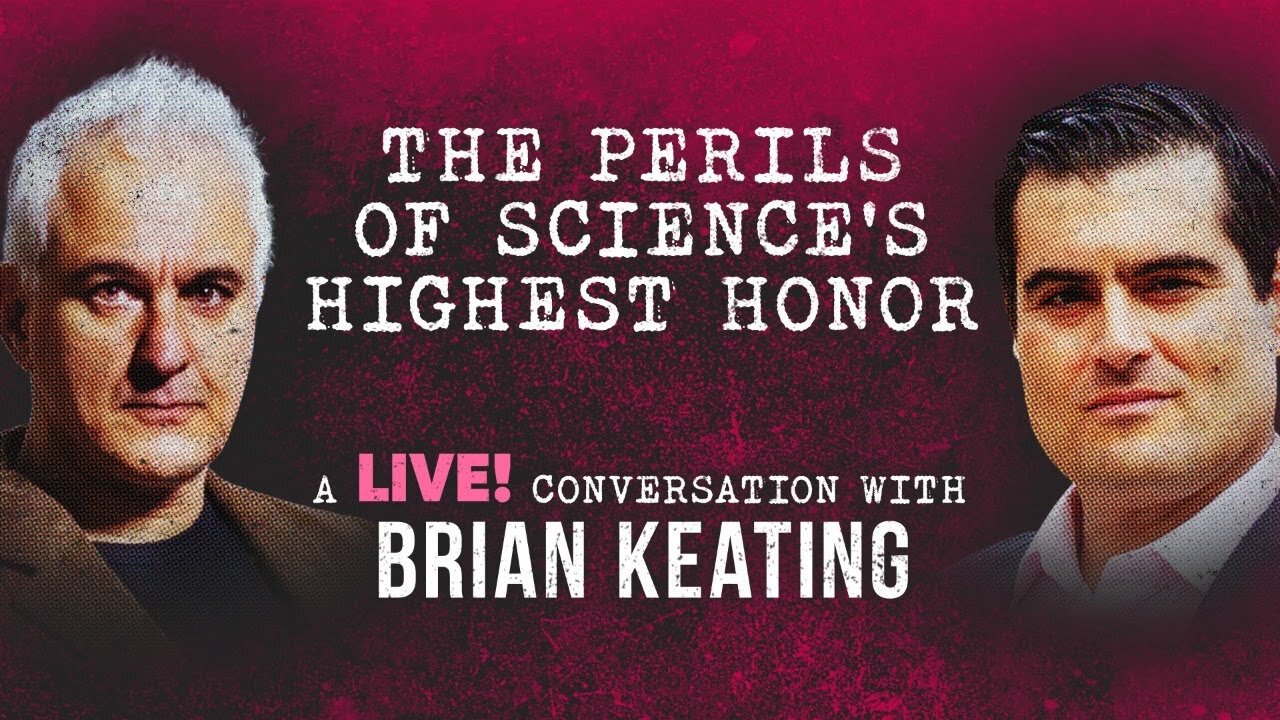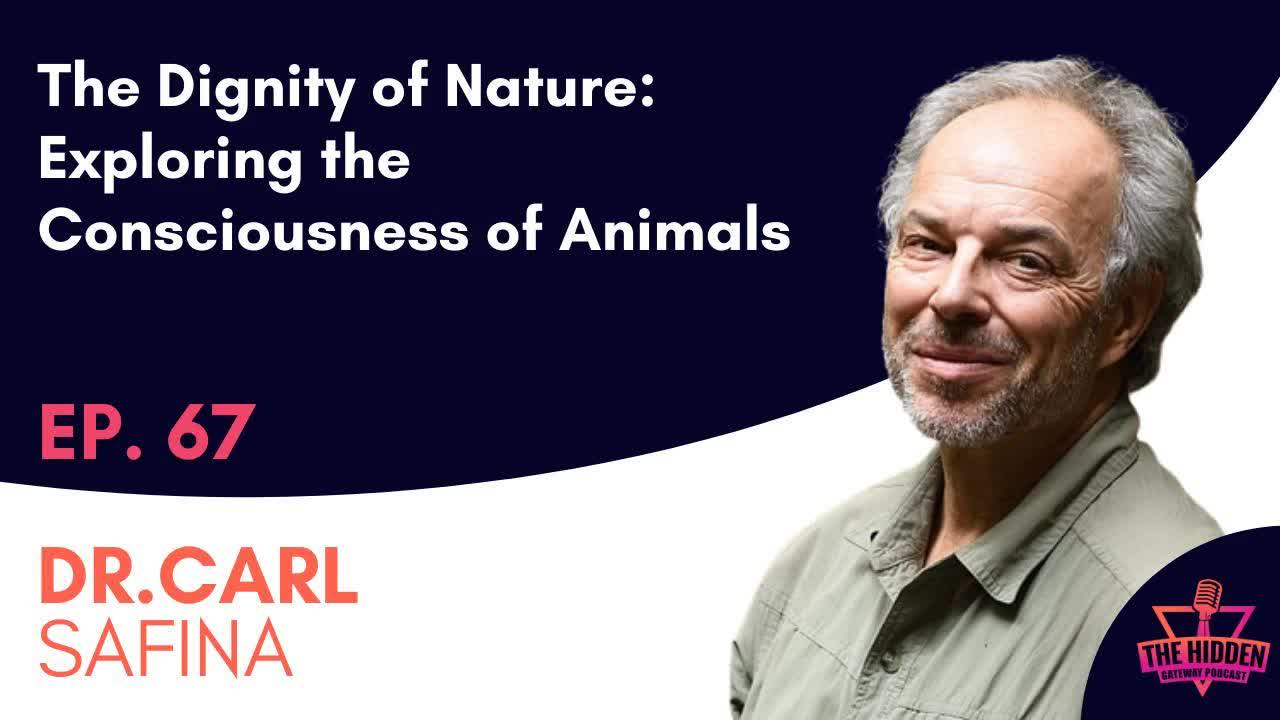Nutrition Science Vs the Trends - Keto Diets Episode 2
We have discussed the benefits of someone following a keto diet. But this plan isn't for everyone. We need to take into consideration each individual's genetic make-up, health conditions, metabolic breakdown and clearly identify the cases in which following the keto diet is not recommended.
Some specific examples of cases in which an individual should avoid following a Ketogenic diet include: someone with an eating disorder, Crohn's disease, individuals with current vitamin and mineral deficiencies, a young athlete that needs glucose to provide muscles with energy, a hyper-responder to dietary cholesterol, meaning, for certain individuals, there is an increase in LDL cholesterol with dietary changes. This topic is in need of further research.
Other examples include pregnancy or if you are breastfeeding, anyone with kidney or liver complications, medical conditions that warrant physician supervision and specific adherence to medications or diet. It is incredibly important to take a look at variations in genes and gene expression when possible to find out if this is the right plan for you.
If you have a diagnosis of Type I or Type II diabetes, have had your gall bladder removed, are susceptible to kidney stones, have IBS, Crohn's disease, or other gut health concerns, always check with your physician before making any significant changes to your diet.
We also need to identify that low-carb diets make it easy to neglect key nutrients like magnesium, calcium, and potassium that we get through food fresh, high-carb, nutrient-dense foods like beans and lentils, bananas, and oats or other whole grains. There is also research looking into the effects of folowing very low carb/keto diets and how that may contribute or cause negative changes to the gut micorbiome.
When we decrease our variety of food choices, such as carbohydrates that contain insoluble fibers, we have less microbiota accessible carbohydrates which can change the gut microbiome and contribute to inflammatory disease states. We need to make sure we are feeding our good bacteria and the best way to do that is to provide our bodies with significant variety in our diets including resistant starch and prebiotic fibers and insoluble fibers as tolerated.
whole food carbohydrates do NOT affect the body the same way as process carbohydrates. Carbohydrates are not bad foods. We need to take a look at the type and amount of carbohydrates being consumed and not group them all into the same "bad" category.
When someone is considering the keto diet, it is important to keep these ideas in mind: Carbohydrates are restricted in order to increase ketones, getting plenty of protein, following a plan with moderate amounts: 1.2-2.0g/kg BW; paying attention to Electrolyte balance, making sure you are consuming appropriate amounts of Na, K, Mg, Zn which are critical to well-being. Taking in sources of pre and probiotics that will keep the gut functioning.
To maintain any weight loss when following a keto diet, it is important to pay attention to the quality of that fat in the diet, which is more important than the quantity of fat consumed
It is also ok to consume some saturated fats as our bodies become very efficient at utilizing and breaking down fat, and consuming dietary cholesterol such as eggs and grass fed dairy isn't necessarily a health risk.
Mindfulness practices and paying attention to hunger and satiety is a great indicator of balanced energy intake. Learn how to trust your body's intuitive eating responses.


















































